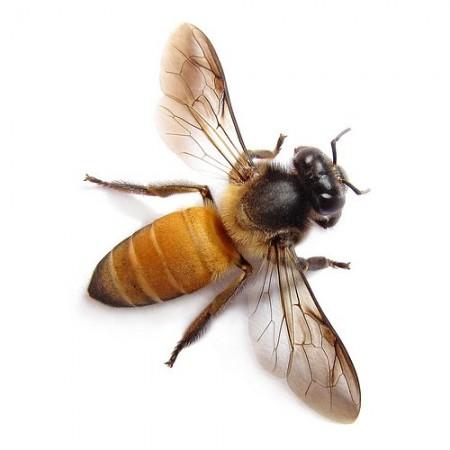
Venom derived from bees, snakes and scorpions can help fight cancer, reveals the latest research presented at the National Meeting of the American Chemical Society (ACS).
The new technique developed for this purpose used certain proteins and peptides separated from these venoms to target malignant cells. It worked by blocking cell membranes growth, preventing spread of the disease and keeping the healthy cells safe.
However, Dr Dipanjan Pan, who led the study, warned against injecting the venoms directly into the patients as it can cause damages to their heart muscles, nerve cells and can lead to clotting or bleeding under the skin.
Dr Pan and research team found melittin, a substance in the honey bee venom highly effective against cancer. Considering the difficulties in getting the venom and separating the substance, the researchers synthesized melittin in the lab. Later, they injected the synthetic toxin into nanoparticles and used them to target the tumour.
"We have safely used venom toxins in tiny nanometer-sized particles to treat breast cancer and melanoma cells in the laboratory," Dr Dipanjan Pan, who led the study, said in a statement. "These particles, which are camouflaged from the immune system, take the toxin directly to the cancer cells, sparing normal tissue."
"The peptide toxins we made are so tightly packed within the nanoparticle that they don't leach out when exposed to the bloodstream and cause side effects," he added.
Scientists said synthetic peptides corresponding to snake and scorpion can provide similar results.
Encouraged by their preliminary findings, Dr Pan and colleagues revealed their plans to test the new technique on rats and pigs.
Previous studies on the subject have highlighted ability of a snake venom component to block cancer cell invasion. In 2001, Francis S. Markland and colleagues from the University of Southern California Keck School of Medicine, Los Angeles reported power of contortrostatin, a protein extracted from the venom of southern copperhead (Agkistrodon contortrix contortrix) in fighting cancer.
Similarly, Cuba has developed a cancer cure called vidatox from venom of blue scorpions - Rhopalrus Junceus. The drug, according to vidatox online, has been effective in stopping tumour growth.
Last year, a team of Seattle researchers made headlines for developing "tumor paint," a technology that used venom of Israeli deathstalker scorpions to identify and destroy brain cancer cells.














